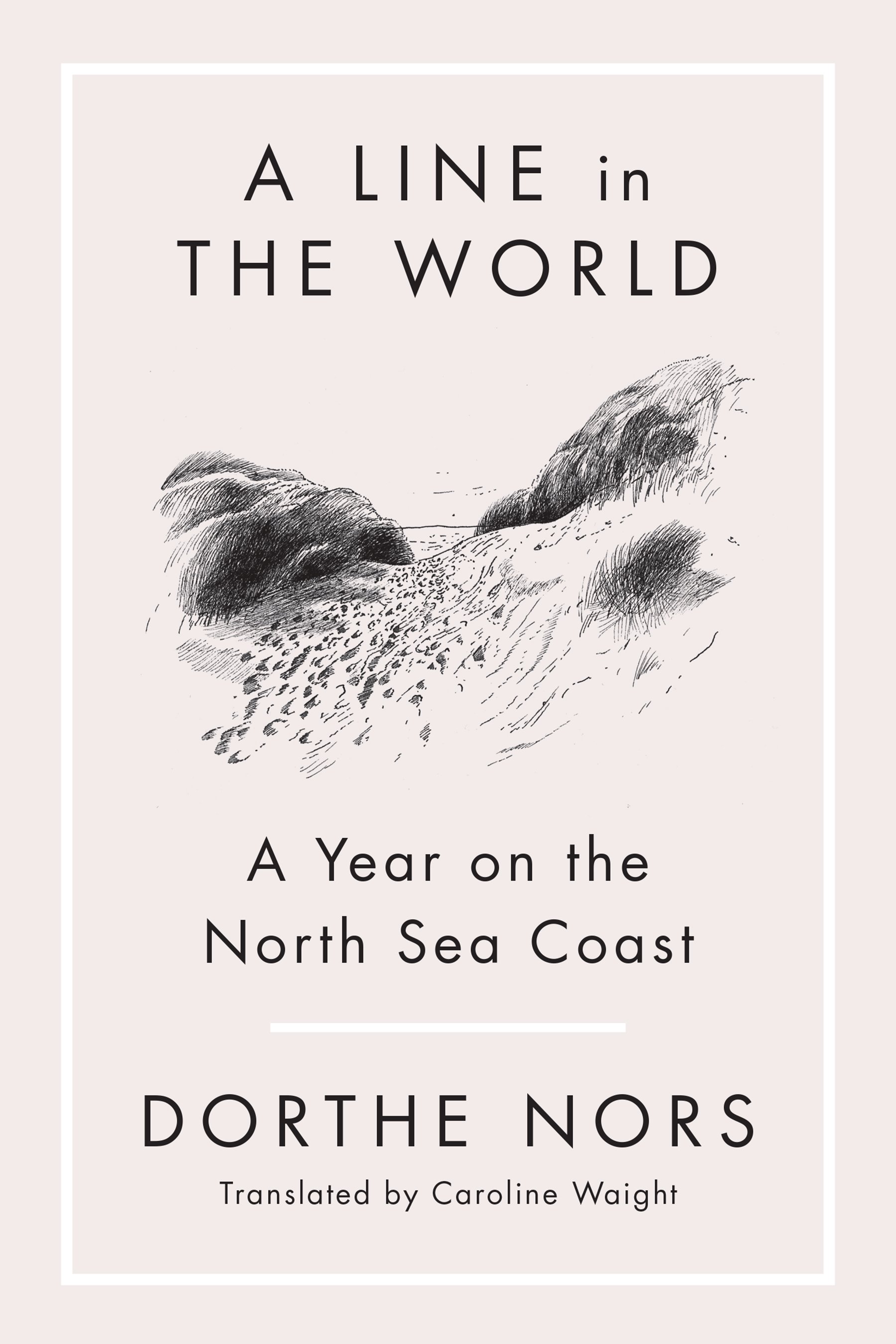Personal Geographies
Place is at the heart of who we are. We hold it close. We mourn its loss. Time makes this a constant, because the place that made you keeps changing, long after you have left it. In a very literal way, maybe it never existed except in your fleeting experience of it.
Dorthe Nors writes of the grip we keep on a place, and how it both holds us and eludes us, in her book of essays on the North Sea coast in her native Denmark, A Line in the World.
A childhood experience of nearly being snatched by a wave came to exemplify both terror and love, the power of the tide met by the equal tide of her mother’s love as she grabbed her child by the leg and pulled her back to her side. “You carry the place you come from inside you,” Nors writes, “but you can never go back to it.”
The sensory details of this harsh coastal stretch leave instant impressions of the author’s encounter with it on her return. As she untangles the relationships of the coast with its people, climate change is a constant presence. The waves were always fierce but now the storms are unpredictable, The sea was always there to swallow the land but the manifestations of its power are now carried to unimagined extremes. Do not, Nors seems to be saying, take the borders of land and sea for granted.
Ocean waves and sand are for Nors what banyan trees and the scent of parijaat (night blooming jasmine) are for me. We all have these sensory memories we carry with us. They are part of our breath and being. Their traces in my memory banks are what I draw on for setting in fiction, and what I return to when I need to feel real. Never mind that I can never go back to that childhood imprinting of place upon my senses. In a way, I don’t need to go back. I carry all there was in a sensory map of my own. It may be unreal but what does that matter?
